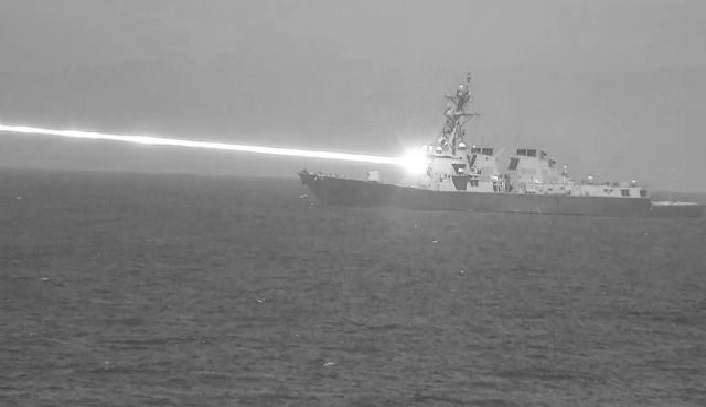Aditya-L1: Navigating the Final Frontier - India Spacecraft Prepares for Halo Orbit Insertion

Space News ,India :- India
Aditya-L1 spacecraft is on the verge of a significant milestone as it
readies itself for a complex insertion into the halo orbit surrounding
Lagrange Point 1 (L1), a gravitational sweet spot between the Earth and
the Sun.
Having traversed a staggering 15 lakh kilometers through
the cold vacuum of space since its launch on September 2, 2023, from
Sriharikota, the spacecraft is now approaching the culmination of its
journey, expected to reach its destination on January 6, 2024.
The
insertion into L1 marks a critical phase in the mission, demanding
precise navigation and control. Aditya-L1 underwent a series of four
Earth-bound orbital maneuvers before being directed into a transfer
orbit aimed at L1.
This meticulous process involves careful
planning to ensure the spacecraft maintains its trajectory and velocity,
guaranteeing a successful entry into the halo orbit.
The
significance of Lagrange Point 1 cannot be overstated. Offering an
uninterrupted view of the Sun, it allows Aditya L1 to study the solar
atmosphere, magnetic storms, and their effects on Earth environment.
The
spacecraft is equipped to measure various solar events, including
Coronal Mass Ejections (CMEs) and interplanetary magnetic fields,
providing crucial data for both India and the global scientific
community.
To ensure a successful insertion, ISROs team must take
multiple precautions. Constant monitoring and adjustment of the
spacecraft position and speed are necessary using onboard thrusters to
counteract any deviations from the planned path.
Furthermore, the
spacecraft instruments, such as the Visible Emission Line Coronagraph
(VELC) and the Solar Ultraviolet Imaging Telescope (SUIT), must be
shielded from the intense radiation and particles emitted by the Sun.
The
stability of L1, an inherently unstable Lagrange point, poses
additional challenges. Stationkeeping maneuvers will be essential to
maintain Aditya L1s halo orbit, requiring adjustments of 0.2–4 m/s per
year. These maneuvers are vital to counteract gravitational influences
from other celestial bodies and the pressure exerted by solar radiation.
Approaching its target, the mission team remains vigilant, prepared to tackle the complexities of space travel.
The
success of this insertion holds pivotal importance not only for ISROs
capabilities but also for unlocking new insights into the mysteries of
our Sun and its influence on space weather.



